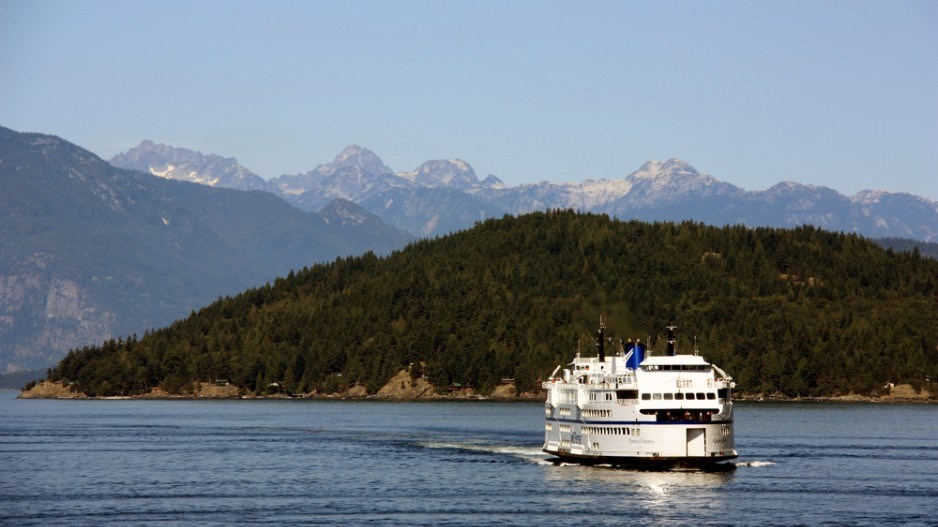Premier John Horgan says he “absolutely understands the anxiety” ferry-dependent communities have about maintaining service levels following pandemic-related cuts, and the government is working “to protect as many routes as we possibly can.”
Although some of the sailings cut early in the pandemic have been resumed on routes such as Langdale-Horseshoe Bay and Horseshoe Bay-Nanaimo, other routes that had not been cut earlier, including Bowen Island, are now facing service reductions.
“BC Ferries is making small changes to some of its inter-island sailing schedules as part of our ongoing efforts to ensure the resiliency of our service and better match service levels to current demand,” BC Ferries public affairs manager Darin Guenette told the Bowen Island Undercurrent. “We are removing sailings that are above our contracted levels of service with the province, and are taking these steps in order to protect the core of the ferry system and ensure financial sustainability of our services into the future."
Under the latest temporary service level agreement, the Langdale run must have a minimum of six to seven round-trip sailings per day, depending on the day of the week, between July 1 and Sept. 7, over a 12-hour service day.
The Coastal Ferry Services Contract between BC Ferries and the province, which took effect in February, calls for eight round trips a day, but seven on Tuesdays and Wednesdays, and nine on Fridays and Sundays during the peak season and seven per day, with six on Sundays, during off-peak months.
The pre-pandemic schedule included more sailings than that contract minimum, and Horgan was asked at a June 10 media briefing what assurances the government could offer that BC Ferries service would return to pre-pandemic levels when the state of emergency ends.
Horgan said the governance structure of BC Ferries means the company does not have to answer to cabinet.
“The relationship sometimes is inconsistent with the best public outcome, versus the best outcome for the ferry corporation, and that’s been a constant tussle since we were sworn in as a government,” Horgan said.
“I want to make a commitment to you today that I understand the importance of ferries to ferry dependent communities. We campaigned on strengthening that relationship. We’ve made some changes to the Coastal Ferries Act [and] we’ll make more changes as needed to ensure that we can continue to have the travelling public comforted that those services will be there for them when they need them.”
The Canadian Ferry Association, which is chaired by BC Ferries president Mark Collins, has been pressing the federal government for help to mitigate ongoing revenue losses for ferry companies, including BC Ferries, which estimates its losses in the range of $1 million every day.
In a June 1 letter to federal Transportation Minister Marc Garneau, the association said, “While the ferry sector is prepared to weather economic downturns … it cannot be expected to absorb the financial setbacks which have occurred as a result of the COVID-19 pandemic.”
The association is asking for all ferry companies, including BC Ferries, to be made eligible for the Canada Emergency Wage Subsidy and for $155 million in support, which it says is only “a portion of the $453.75 million [in] losses that the sector estimates it has and will incur from March 15 to August 31, 2020.”
The federal NDP, Conservatives and Bloc Québécois have also written Garneau to support the association’s request.
– With files from Bronwyn Beairsto, Bowen Island Undercurrent




